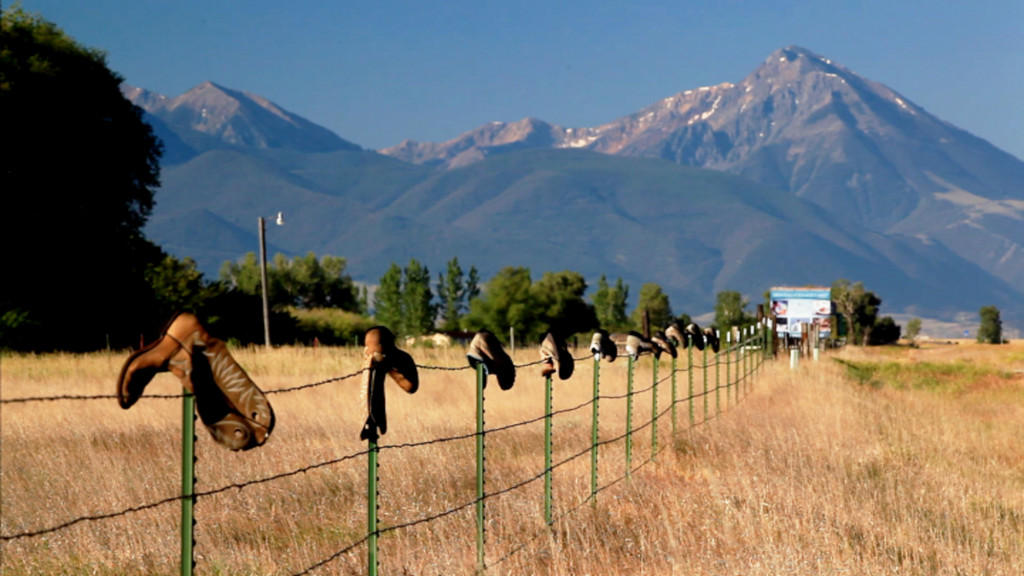Citizens United and the Rise of the Campaign… Stalker?

October 30, 2012
Share
Armed with high-definition cameras, their jobs are to follow and film everything a political candidate says and does.
They might sound like stalkers, but they’re officially known as “campaign trackers” and hundreds of them have been on the trail this election season hoping to catch a candidate in a gaffe, an awkward moment, anything that could be useful in an opposition ad.
“We’re looking for inconsistencies. Everyone that’s working on a specific candidate knows this candidate inside and out. If the person slips up, if the person says X instead of Y, if there is a flip flop, we know about it,” says Rodell Mollineau, president of the Democratic SuperPAC American Bridge 21st Century, which has more than a dozen trackers on staff. “And then from there it’s a decision of what we decide to do with that video.”
Marketplace host and FRONTLINE correspondent Kai Ryssdal gained access to American Bridge, which specializes in opposition research they then share with outside groups that make political ads. Rysdall found that the group’s trackers do more than just follow candidates; they analyze videos, research public information and scour the web to find anything that might reveal a contradiction.
“These are the people who come up with the research that you’re going to find in the direct mail piece, in the 30-second ad, in the online ad,” Mollineau tells Ryssdal. “That happens here.”
By “here” he means the “war room” of American Bridge, which Rysdall says “looks like those shots of the control rooms you see behind network anchors on TV: lots of people busily working in front of dozens of oversized monitors.”
High-tech monitors and equipment aren’t cheap, but thanks to the 2010 Supreme Court ruling Citizens United, an incredible amount of money is flowing into this year’s races, including to SuperPACs like American Bridge and nonprofit groups that want in on the game too.
And like the Citizens United decision, trackers can be controversial. Critics like Republican congressional staffer James Carstensen worry trackers practice gotcha politics, “taking two words of a speech and turning it into an attack ad.”
And then there are others, like the more than four dozen members of the House who complained publicly this summer, as Rysdall put it, that trackers felt more like stalkers.
Listen to Ryssdal’s story for Marketplace below, and tune into PBS tonight to find out more in Big Sky, Big Money.
Related Documentaries
Latest Documentaries
Related Stories
Related Stories
Explore
Policies
Teacher Center
Funding for FRONTLINE is provided through the support of PBS viewers and by the Corporation for Public Broadcasting, with major support from Ford Foundation. Additional funding is provided the Abrams Foundation, Park Foundation, John D. and Catherine T. MacArthur Foundation, Heising-Simons Foundation, and the FRONTLINE Trust, with major support from Jon and Jo Ann Hagler on behalf of the Jon L. Hagler Foundation, and additional support from Koo and Patricia Yuen. FRONTLINE is a registered trademark of WGBH Educational Foundation. Web Site Copyright ©1995-2025 WGBH Educational Foundation. PBS is a 501(c)(3) not-for-profit organization.





















